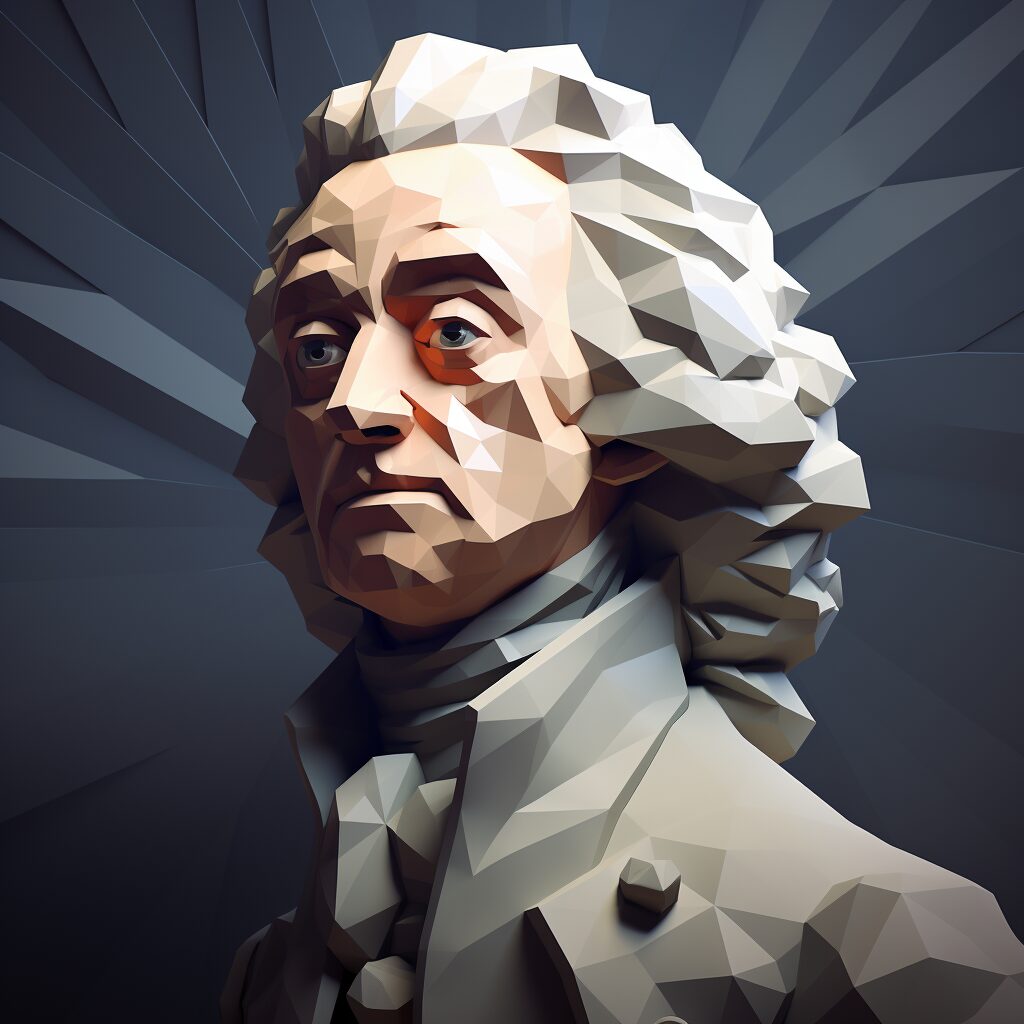Charles William Eliot Quotes
- Poet
- USA
- 1834 - 1926
Charles William Eliot (1834-1926) was an American educator and academic administrator who served as the president of Harvard University for 40 years. He is known for his significant contributions to the modernization and expansion of the university, making it one of the leading institutions of highe…Read More
Charles William Eliot (1834-1926) was an American educator and academic administrator who served as the president of Harvard University for 40 years. He is known for his significant contributions to the modernization and expansion of the university, making it one of the leading institutions of higher education in the world.Eliot was a strong advocate for liberal arts education and believed in the importance of a well-rounded curriculum that included both practical and intellectual subjects. He introduced major reforms at Harvard, including the elective system, which allowed students to choose their own courses and pursue their interests.One of Eliot’s notable works is his influential essay “The New Education” (1869), in which he argued for a more flexible and practical approach to education. He also wrote several books, including “Education for Efficiency” (1909) and “The Happy Life” (1912).Eliot was a prominent figure in the educational reform movement in the late 19th and early 20th centuries. He was also involved in various social and political causes, such as women’s suffrage and international peace.Overall, Charles William Eliot’s legacy is marked by his dedication to promoting progressive and practical education, as well as his significant impact on the development of Harvard University.Read Less
Charles William Eliot (1834-1926) was an American educator and academic administrator who served as the president of Harvard University for 40 years. He is known for his significant contributions to the modernization and expansion of the university, making it one of the leading institutions of higher education in the world.Eliot was a strong advocate for liberal arts education and believed in the importance of a well-rounded curriculum that included both practical and intellectual subjects. He introduced major reforms at Harvard, including the elective system, which allowed students to choose their own courses and pursue their interests.One of Eliot’s notable works is his influential essay “The New Education” (1869), in which he argued for a more flexible and practical approach to education. He also wrote several books, including “Education for Efficiency” (1909) and “The Happy Life” (1912).Eliot was a prominent figure in the educational reform movement in the late 19th and early 20th centuries. He was also involved in various social and political causes, such as women’s suffrage and international peace.Overall, Charles William Eliot’s legacy is marked by his dedication to promoting progressive and practical education, as well as his significant impact on the development of Harvard University.
4 Insightful Charles William Eliot Quotes
Charles William Eliot Career Highlights
- In 1853, Eliot graduated from Harvard with a Bachelor of Arts degree, and went on to study chemistry and geology in Europe.
- In 1858, he returned to Harvard as a chemistry instructor, and later became a professor of analytical chemistry.
- In 1869, at the age of 35, Eliot was appointed as the president of Harvard University, making him the youngest person to hold the position at the time.
- During his tenure as president, Eliot oversaw significant changes and reforms at Harvard, including the introduction of elective courses, the establishment of graduate schools, and the expansion of the university’s library and facilities.
- He also played a key role in the development of the modern research university model, emphasizing the importance of academic freedom and the pursuit of knowledge for its own sake.
- Under Eliot’s leadership, Harvard became one of the leading universities in the world, attracting top scholars and students from around the globe.
Key Contributions by Charles William Eliot
- One of Eliot’s most significant contributions was his advocacy for a broad and flexible curriculum, allowing students to choose their own courses and pursue their individual interests.
- He also introduced the concept of “concentration,” where students could focus on a specific field of study while still receiving a well-rounded education.
- Eliot was a strong proponent of the elective system, which allowed students to tailor their education to their career goals and interests.
- He also emphasized the importance of practical education, promoting the establishment of professional schools at Harvard, such as the law and medical schools.
- Eliot was a pioneer in promoting the idea of a university as a place for both teaching and research, and he encouraged faculty members to engage in original research and publish their findings.
What Sets Charles William Eliot Apart
- Eliot’s long tenure as president of Harvard, spanning 40 years, is a testament to his leadership and vision for the university.
- He was a progressive thinker and was not afraid to challenge traditional educational practices, often facing criticism and resistance from his peers.
- Eliot’s emphasis on academic freedom and the pursuit of knowledge for its own sake set him apart from other university leaders of his time, who often prioritized practical and vocational education.
- He was also known for his strong moral character and integrity, earning the respect and admiration of his colleagues and students.
Takeaways
- Charles William Eliot’s contributions to American higher education have had a lasting impact on the development of the modern university system.
- His emphasis on a broad and flexible curriculum, academic freedom, and the pursuit of knowledge for its own sake continue to shape the way universities operate today.
- Eliot’s leadership and vision for Harvard University transformed it into one of the most prestigious and influential institutions in the world.
- His legacy serves as a reminder of the importance of innovation, adaptability, and a strong moral compass in the field of education.








